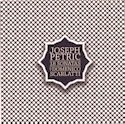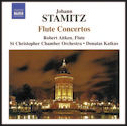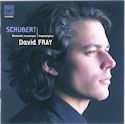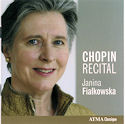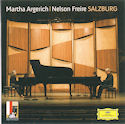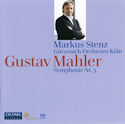Antico/Moderno - Renaissance Madrigals Embellished 1517-2001
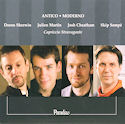 Antico/Moderno - Renaissance Madrigals Embellished 1517-2001
Antico/Moderno - Renaissance Madrigals Embellished 1517-2001
Doron Sheriwn; Julien Martin; Hosh Cheatham; Skip Sempé; Capriccio Stravagante
Paradizo PA008 (www.paradizo.org)
Embellished? Yes, in a phenomenon unknown even to regular early music concert-goers, works by Italian madrigal-writers (e.g. Palestrina and Cipriano de Rore) and Franco-Flemish composers (e.g. Josquin) could sometimes be converted into instrumental versions, often in the composers’ own life-times.
Skip Sempé explains that top and bass vocal parts were frequently embellished; instruments classified as baroque - violin, viol da gamba, recorder, and sackbut - were developed and played to virtuoso standards during the Renaissance - the arrangements on this CD must surely have mesmerised audiences.
The commonly expressed view that the cornetto (a hybrid instrument with a small trumpet-like mouthpiece and finger holes like a recorder, made of wood and covered in leather) was closest to the human voice in its output is borne out by Doron Sherwin’s playing - you would think initially that a female voice was in full flow. And if you have doubts as to how expressive the recorder can be, listen as Julien Martin embellishes Palestrina’s Pulchra es amica mea and Vestiva i colli. As for viols, Ancor che col partire by de Rore was embellished for consort after his death; five violas da gamba interpret the piece’s intricacy and thoughtfulness.
To describe this CD as highly original does it disservice. It is original in rediscovering embellishments, original in recording several scorings for the same piece and above all original for embracing Doron Sherwin’s inspired cornetto playing, sometimes of embellishments which he himself has written!
Michael Schwartz


